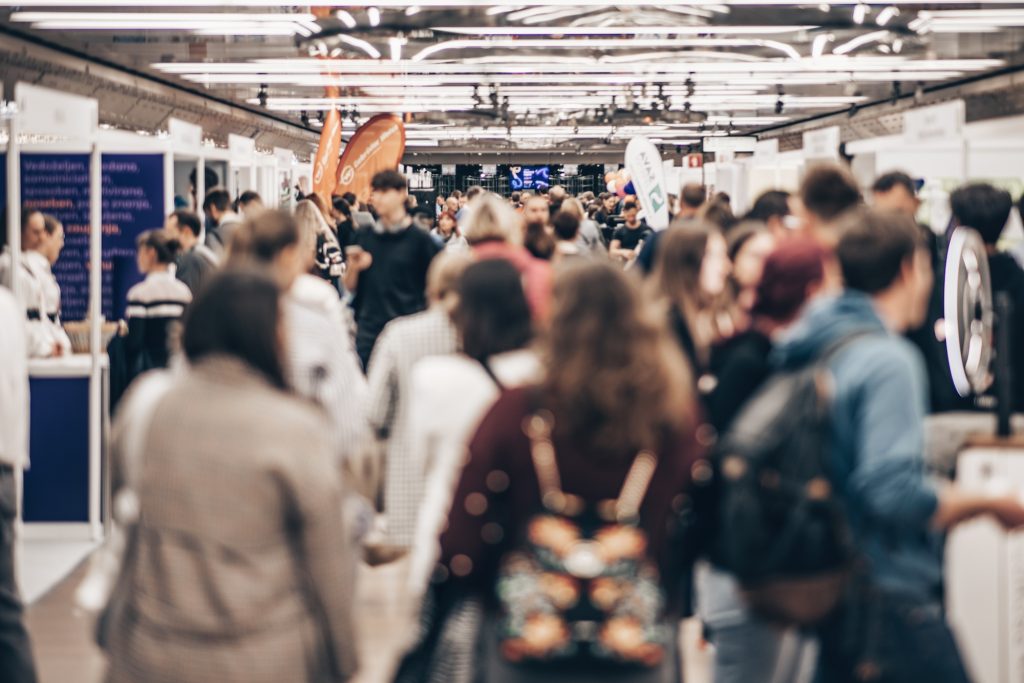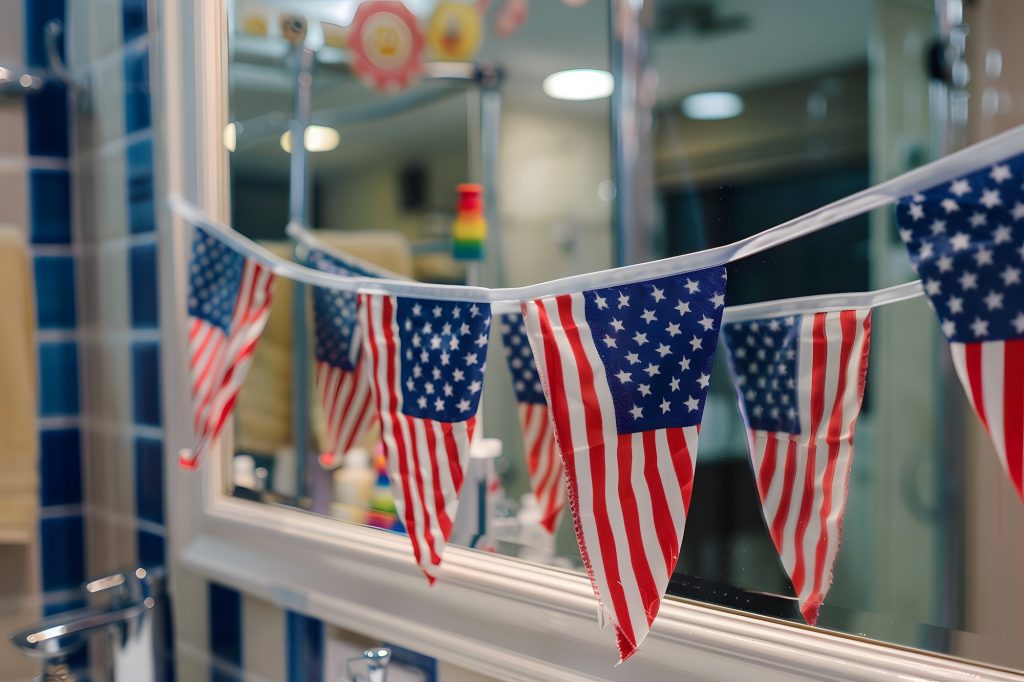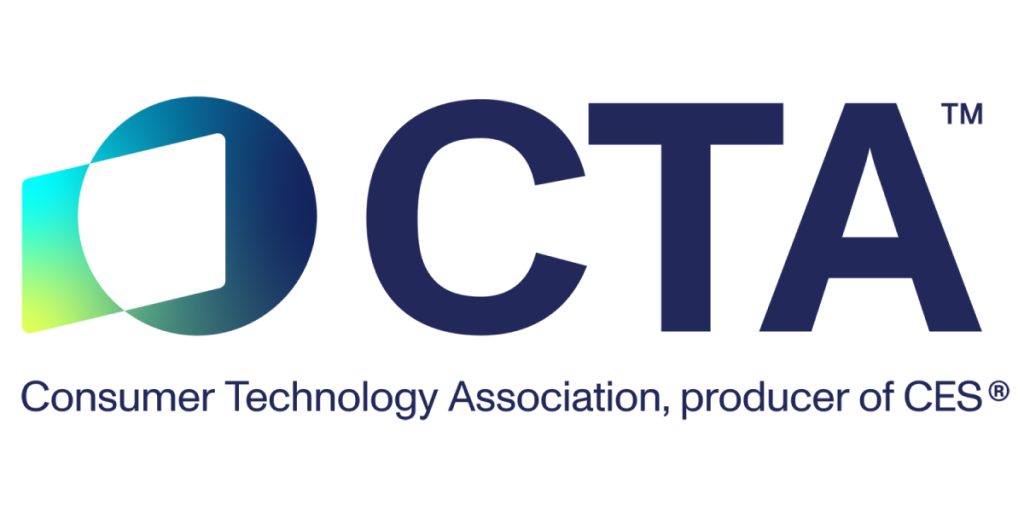
U.S. Government Shutdown Is Disrupting Trade Shows: What Exhibitors & Organizers Need to Know

The ongoing U.S. federal government shutdown – now in its second week — is starting to make a visible impact across the exhibitions and events industry. From canceled government-related conferences to flight delays caused by staffing shortages, the disruptions are rippling through an industry that relies heavily on mobility, logistics, and timely coordination.
As a global platform connecting exhibitors with agencies and event professionals, CrewExpo continues to monitor how these disruptions may affect international participation and cross-border event operations.
Travel Delays and Staffing Shortages
Thousands of flights have been delayed nationwide, including in major hubs such as Chicago, Las Vegas, Nashville, and Philadelphia.
The Federal Aviation Administration has reported staffing shortages among air traffic controllers and TSA agents – essential employees who must continue working without pay during the shutdown. In past shutdowns, similar conditions led to significant absenteeism and longer security lines.
Cancellations and Economic Losses
The National Defense Transportation Association and U.S. Transportation Command’s Fall Meeting – scheduled for October 6–9 in St. Louis with more than 2,000 expected attendees – has already been canceled.
The economic impact of such cancellations extends beyond the event organizers, affecting local hospitality sectors, vendors, and the host city itself.

Visa and Trade Program Disruptions
While U.S. consular services continue to operate through fee collections, an extended shutdown could soon suspend non-emergency visa services, creating major concerns for international exhibitors and attendees planning to participate in U.S. trade shows next year.
Additionally, the Trade Event Partnership Program (TEPP) – which supports international buyer delegations for U.S. exhibitions – has been paused as Commerce Department employees remain furloughed. This means commercial service officers cannot accompany delegations or facilitate international buyer programs until the government reopens.
Potential Impacts on 2026 Trade Shows
The shutdown’s timing is especially critical. Many global organizers are now preparing for 2026 events, and visa processing delays could significantly affect international participation. Reduced federal support for trade promotion activities may also hinder exhibitor recruitment and limit international buyer attendance — key growth engines for many trade fairs.
Industry Response and Recommendations
Tommy Goodwin, Executive Vice President of the Exhibitions & Conferences Alliance (ECA), advised show organizers to communicate frequently with exhibitors, partners, and attendees.
“Trade show organizers are encouraged to reach out to their customers with pertinent updates and stay tuned for the latest developments from ECA,” Goodwin said.

Similarly, Geoff Freeman, President and CEO of the U.S. Travel Association, called the shutdown a “wholly preventable blow” to the nation’s travel economy — warning that prolonged disruptions could cost up to $1 billion per week, lead to longer TSA lines, flight cancellations, and harm America’s reputation for reliability.
Despite the challenges, some major organizers remain optimistic. The Consumer Technology Association (CTA), producer of CES, has expressed confidence that government guests will still participate in CES 2026 and continue critical policy discussions about technology and innovation.
What Organizers Can Do Now
- Communicate early and clearly: Keep exhibitors and attendees updated about travel, visa, and program changes.
- Reconfirm government speakers: Secure alternative panelists where necessary.
- Plan for delays: Add extra time to shipping, setup, and travel schedules.
- Review international partnerships: With TEPP paused, explore private sector options for international outreach.
- Stay informed: Follow updates from ECA and industry associations for coordinated responses.
Final Takeaway
The shutdown has already halted key programs, delayed travel, and forced event cancellations. While the long-term impact depends on how quickly the government reopens, organizers and exhibitors can mitigate risks through proactive communication, flexible logistics, and close coordination with industry bodies.
At CrewExpo, we’re committed to supporting exhibitors, agencies, and trade professionals navigating this uncertain period – helping global businesses stay connected even when policy disruptions slow things down.
Source: Based on reports from the Exhibitions & Conferences Alliance (ECA), U.S. Travel Association, and Trade Show Executive coverage on the U.S. government shutdown.